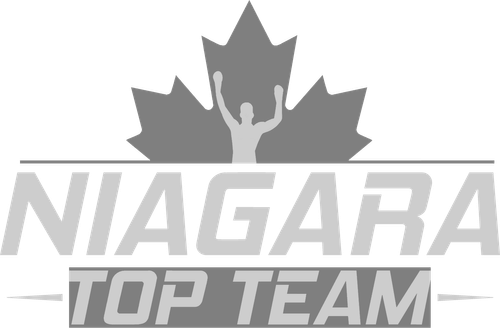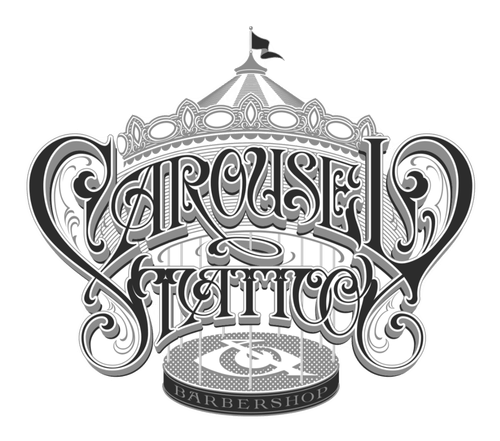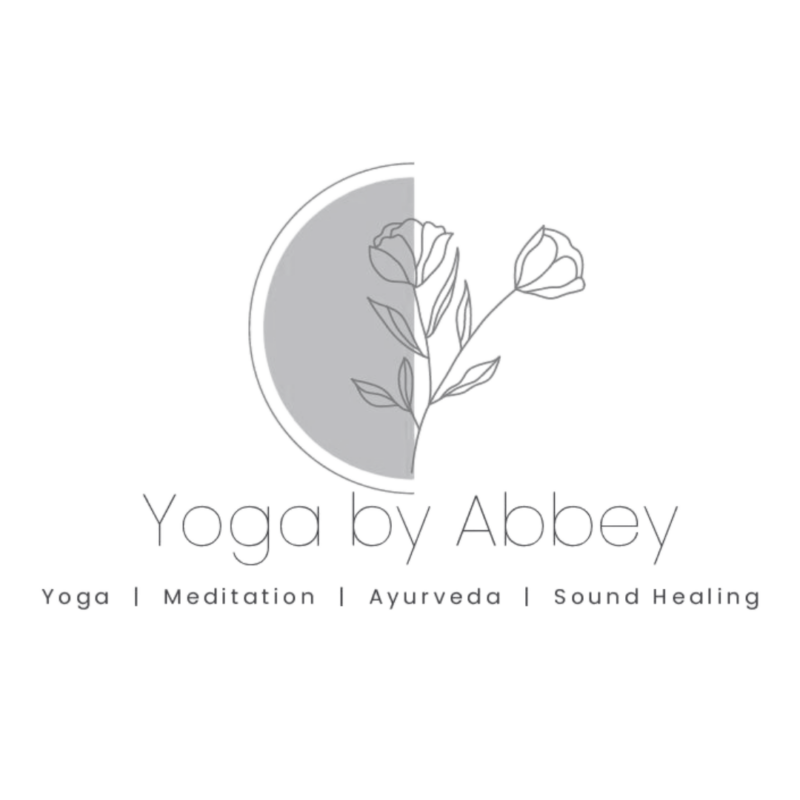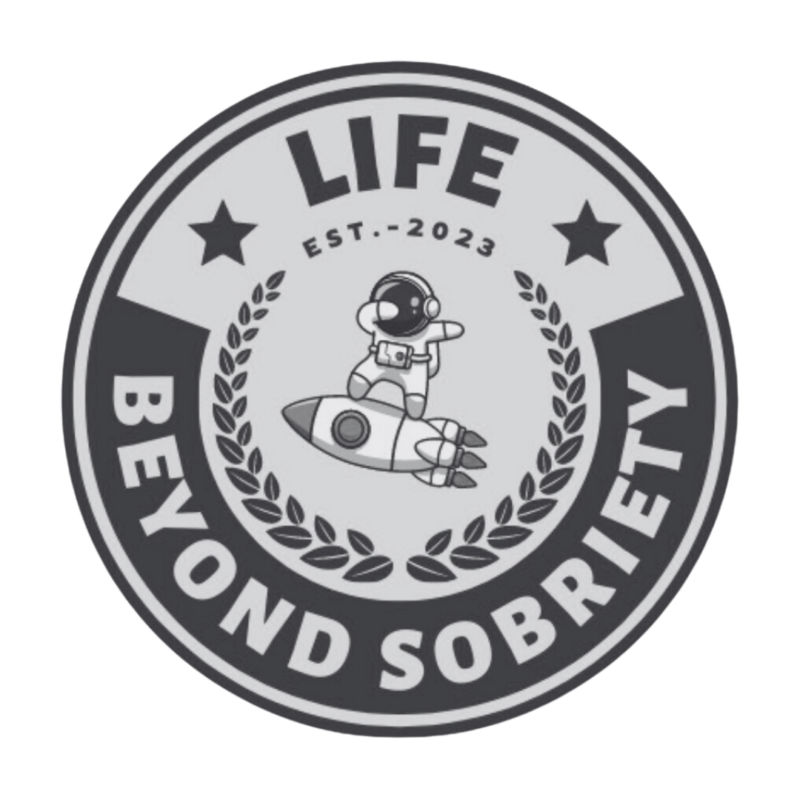Why Choose Our Rehab Centers in Ontario Canada?
The decision to enter a treatment facility is a crucial step on the path to recovery, and selecting the right one can make all the difference. Ontario’s rehab centers offer diverse programs tailored to meet the unique needs of each individual seeking help. From urban hubs to serene countryside locations, Ontario provides a setting that aligns with every preference.
With a range of treatments available, one can expect a blend of traditional and holistic approaches, including cognitive-behavioral therapy, mindfulness practices, and peer support. This makes rehab centers in Ontario Canada ideal for those looking to engage in a comprehensive recovery process.
Holistic Approach to Recovery
Rehab centers in Ontario Canada are increasingly adopting holistic approaches to treat addiction, recognizing the interconnectedness of the mind, body, and spirit. At Twelve Mile Recovery, the emphasis is on harnessing a combination of traditional therapies and innovative practices like martial arts to cultivate resilience and self-discipline.
Holistic treatment considers the mental and emotional toll of addiction, incorporating mindfulness and trauma-informed care to address these core issues. The result is a more balanced treatment program that fosters long-term recovery.
Evidence-Based Therapies
A defining characteristic of modern rehab centers in Ontario Canada is the integration of evidence-based therapies. At facilities like Twelve Mile Recovery, professionals utilize cognitive-behavioral therapy and psychology to develop personalized treatment plans that cater to individual needs.
These therapies are scientifically validated methods that help individuals understand the root causes of their addiction, allowing them to develop healthier thoughts and behaviors. With these tools, clients are better equipped to handle the challenges of recovery.
Unique Experiences and Insights
The team at Twelve Mile Recovery brings invaluable insights from their own journeys with addiction, adding a layer of relatability and empathy to their services. This lived experience offers a unique perspective that can foster a deeper understanding of clients’ struggles.
Anecdotes from clients, such as Leah Marie Radoman’s testimonial, highlight the supportive and judgment-free environment provided, which is pivotal in facilitating healing and growth. Such narratives underscore the profound impact that a personalized, compassionate approach can have.
Emphasizing Long-term Sobriety
Long-term sobriety is a primary goal for rehab centers in Ontario Canada, and achieving this requires more than just detoxification. Strategies at Twelve Mile Recovery include ongoing support through group therapy and peer mentoring, reinforcing the skills needed for sustained recovery.
The center also offers virtual treatment programs to ensure accessibility and continuity of care. This flexibility allows individuals to maintain their sobriety even after they transition out of residential treatment.
Community and Support
Recovery isn’t a solo journey, and the importance of community cannot be overstated. Rehab centers in Ontario Canada like Twelve Mile Recovery foster a sense of belonging and camaraderie among clients. This community support is a critical component of the recovery process, helping individuals stay motivated and connected.
Regular group sessions and activities provide a platform for individuals to share experiences, offer support, and celebrate milestones, further embedding a foundation of trust and encouragement.
The ongoing bond formed within the community serves as a reminder that individuals are not alone in their struggles and reinforces their commitment to recovery.
Embracing New Methods
Innovation is key to progress in addiction treatment, and rehab centers in Ontario Canada are at the forefront of embracing new methods. Twelve Mile Recovery exemplifies this by incorporating martial arts as a therapeutic tool, offering clients a creative outlet to enhance self-awareness and emotional regulation.
Addressing Mental Health Concerns
Rehab centers in Ontario Canada understand the intricate link between mental health and addiction. At Twelve Mile Recovery, the program is designed to address co-occurring disorders, such as anxiety and depression, with the same rigor as addiction treatment.
Through a fusion of psychological therapies and supportive counseling, the center aims to treat not just the addiction but also the mental health issues that often accompany it, providing a comprehensive approach to recovery.
Programs focus on emotional healing, empowering clients to develop coping mechanisms that promote mental wellness and prevent relapse.
By addressing both addiction and mental health, these centers offer a more complete path to healing, ensuring greater success in recovery.
Testimonials and Success Stories
Personal stories from those who have navigated the path to recovery at Twelve Mile Recovery offer inspiring insights into the center’s impact. Clients like Michael Laughlin and Robyn O’Hara express gratitude for the transformative experiences they had, emphasizing the dedication and empathy of the staff.
These testimonials speak volumes about the power of personalized care and community support, encouraging others to take the first step towards recovery with confidence.
Sharing these experiences not only serves as motivation for those considering treatment but also highlights the success and efficacy of the approaches used at Twelve Mile Recovery.
Tailored Treatment Options
Understanding that no two journeys are the same, rehab centers in Ontario Canada prioritize personalized treatment plans. Twelve Mile Recovery excels in offering bespoke solutions that cater to the unique needs and circumstances of each client.
Customized treatment ensures that individuals receive the most relevant and effective care, encompassing a combination of therapies and support systems that align with their goals and challenges.
This tailored approach fosters an environment where clients feel acknowledged and understood, paving the way for effective and enduring recovery.
How much does private rehab cost in Ontario?
The cost of private rehab in Ontario can vary significantly based on the type of program and the amenities offered. Typically, you might expect to pay anywhere from $10,000 to $30,000 per month for inpatient treatment. This fee often covers accommodation, meals, and various therapeutic services ranging from counseling to holistic practices. At Twelve Mile Recovery, the investment in recovery is seen as an investment in one’s future well-being. Clients benefit from personalized care and a comprehensive approach to treatment. If budgeting for rehab seems daunting, many centers offer payment plans or financing options to help manage costs. It’s worth contacting facilities directly to discuss these options and to understand what the fees include.
What is the wait time for rehab in Ontario?
The wait time for entering a rehab center in Ontario can vary based on several factors, including the type of program and the demand for services. Public rehab centers often have longer wait times due to higher demand and limited resources. In contrast, private facilities like Twelve Mile Recovery typically offer more immediate access, as they can adjust resources and staffing to accommodate new clients more rapidly. If you’re considering treatment, it’s advisable to reach out to multiple facilities to inquire about their current wait times and any steps you can take in the interim, such as virtual counseling options, which are often available to bridge any gaps in treatment access.
Do you pay for rehab in Canada?
In Canada, the question of whether you need to pay for rehab often depends on the type of facility and the services required. Public rehab centers, which are funded through the healthcare system, typically offer services at no direct cost to the individual, although they may have longer wait times. However, private rehab centers, such as Twelve Mile Recovery, do charge for their services. These centers offer a range of specialized programs, therapies, and personalized care that may not be available in public facilities. This fee can be seen as an investment in a tailored approach that supports long-lasting recovery. For those concerned about costs, checking if insurance covers part of the treatment or exploring payment plans is recommended.
How long can you stay in a rehab center?
The length of stay in a rehab center varies based on individual needs and the center’s program structure. Most rehab programs offer 30, 60, or 90-day treatment plans, with some offering even longer stays for those needing extended care. At Twelve Mile Recovery, the emphasis is on crafting a duration that suits the individual, allowing for flexibility to ensure each client has adequate time to address their unique challenges comprehensively. The center’s aim is not just to stabilize clients, but to prepare them for a successful and sustainable recovery journey. Discussing personal goals and challenges with the center can help determine the most suitable length of stay.
What are the common misconceptions about rehab centers in Ontario?
One common misconception about rehab centers in Ontario is that they all offer the same services and quality of care. In reality, centers like Twelve Mile Recovery pride themselves on offering a diverse range of services that are tailored to individual needs, incorporating both traditional and innovative therapies such as martial arts. Another misconception is that rehab is only about detoxification; however, centers focus heavily on psychological, emotional, and spiritual healing. Additionally, some believe rehab is a one-time solution, yet ongoing support and community are crucial for sustained recovery. Understanding these nuances can help set realistic expectations for those considering treatment.
How does Twelve Mile Recovery incorporate holistic treatment approaches?
Twelve Mile Recovery integrates holistic treatment approaches by addressing the mind, body, and spirit collectively. This includes evidence-based therapies like cognitive-behavioral therapy, mindfulness exercises, and trauma-informed care. The center introduces unique methods such as martial arts, promoting resilience and self-discipline. By treating the entire person, not just the addiction, clients learn to manage stress and develop healthier coping mechanisms. This comprehensive approach supports a balanced recovery process and prepares individuals for long-term sobriety. Holistic treatment acknowledges that lasting recovery involves healing the underlying causes of addiction, not just the symptoms.
Resources
- Centre for Addiction and Mental Health – An authoritative source for information on addiction, mental health, and treatment options.
- National Institute on Drug Abuse – Offers research-based information on drug abuse and addiction, including treatment approaches.
- Substance Abuse and Mental Health Services Administration – Provides resources and programs for individuals seeking help for substance abuse and mental health issues.
- National Alliance on Mental Illness – Offers support and education for individuals and families affected by mental illness, including addiction.
- American Psychiatric Association – Provides information on psychiatric disorders, including addiction, and treatment options.












